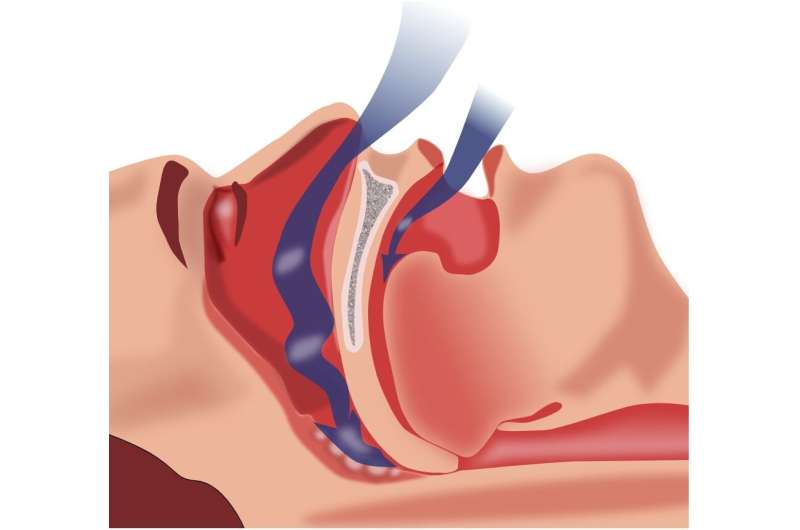Personalized Approaches in Treating Obstructive Sleep Apnea and Cardiac Risks

Personalized treatment strategies for obstructive sleep apnea may significantly influence its impact on cardiovascular health, with benefits for high-risk patients and potential risks for low-risk groups. Learn how individualized care can improve outcomes.
Recent research highlights that personalized treatment strategies for obstructive sleep apnea (OSA) may influence cardiovascular outcomes differently among patients. While continuous positive airway pressure (CPAP) therapy is commonly recommended to alleviate sleep disruption caused by airway blockages characteristic of OSA, its effects on heart health are now better understood. A study published in the European Heart Journal analyzed data from multiple trials involving 3,549 patients with OSA and cardiovascular risk factors, with an average follow-up of three years. The findings reveal that CPAP use benefits certain high-risk subgroups by reducing the likelihood of strokes, heart attacks, and cardiovascular death by approximately 17%. Conversely, in low-risk patients, especially those who are asymptomatic during the day, CPAP was associated with an increased risk of these events by about 22%. The study emphasizes the importance of assessing individual risk markers, such as oxygen level drops and heart rate spikes during sleep, to guide treatment decisions. Patients with high-risk indicators experienced significant cardiovascular protection with CPAP, whereas those with low-risk markers might not benefit and could be harmed. These results suggest that rather than a one-size-fits-all approach, healthcare providers should tailor OSA treatment plans based on a patient’s specific risk profile, potentially leading to more effective prevention of heart attacks and strokes. Further prospective studies are needed to validate these findings, but current evidence supports detailed risk assessment when considering CPAP therapy for sleep apnea patients.
Stay Updated with Mia's Feed
Get the latest health & wellness insights delivered straight to your inbox.
Related Articles
AI-Driven Echocardiography Enhances Early Detection of Cardiac Amyloidosis
A new AI-powered echocardiography tool improves early detection of cardiac amyloidosis, enabling timely treatment and better patient outcomes. Developed by Mayo Clinic and Ultromics, this innovative system offers high accuracy in identifying amyloid buildup in the heart.
Internalized Stress and its Impact on Cognitive Decline in Older Chinese Americans
A new study reveals that internalizing stress significantly increases the risk of cognitive decline in older Chinese Americans, highlighting the importance of culturally sensitive stress reduction interventions.
Research Highlights the Unpredictable Nature of Chikungunya Outbreaks
A recent study analyzing 86 chikungunya outbreaks reveals the unpredictable nature of the disease's size and severity, emphasizing challenges in public health planning and vaccine development.
Understanding the Risks of Medications During Pregnancy and Autism Development
This article explores the complex relationship between medication use during pregnancy and autism risk, emphasizing the importance of evidence-based information for expecting parents.



